Schedule of events
WDC2022 is taking place over 2 days, October 6-7 2022.
Conference Day 1 - October 6.
Doors Open
Welcome to WDC2022
Alex & Luke
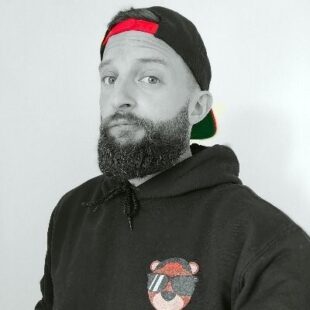
Supercharge your skills with creative coding
Jhey Tompkins - He/Him
As developers, we're learning new skills all the time.But how can we stay creative while progressing our careers? In this talk, we'll discuss how we can discover new tools and techniques while having fun. We'll learn how making literally hundreds of demos to unearth new ways of doing things can lead to an entirely new way of working, and most importantly, how to not take things too seriously.
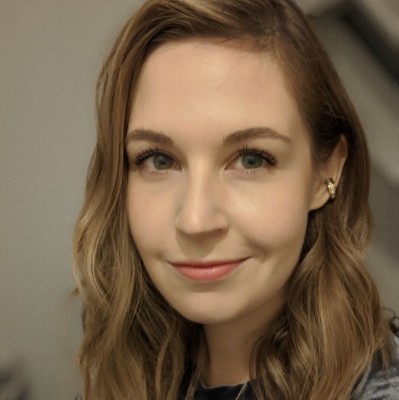
(You don't have to) follow the yellow brick road - let's talk detours & diversions
Hannah Clarke - She/Her ⚡
Morning break - Tea & Coffee provided
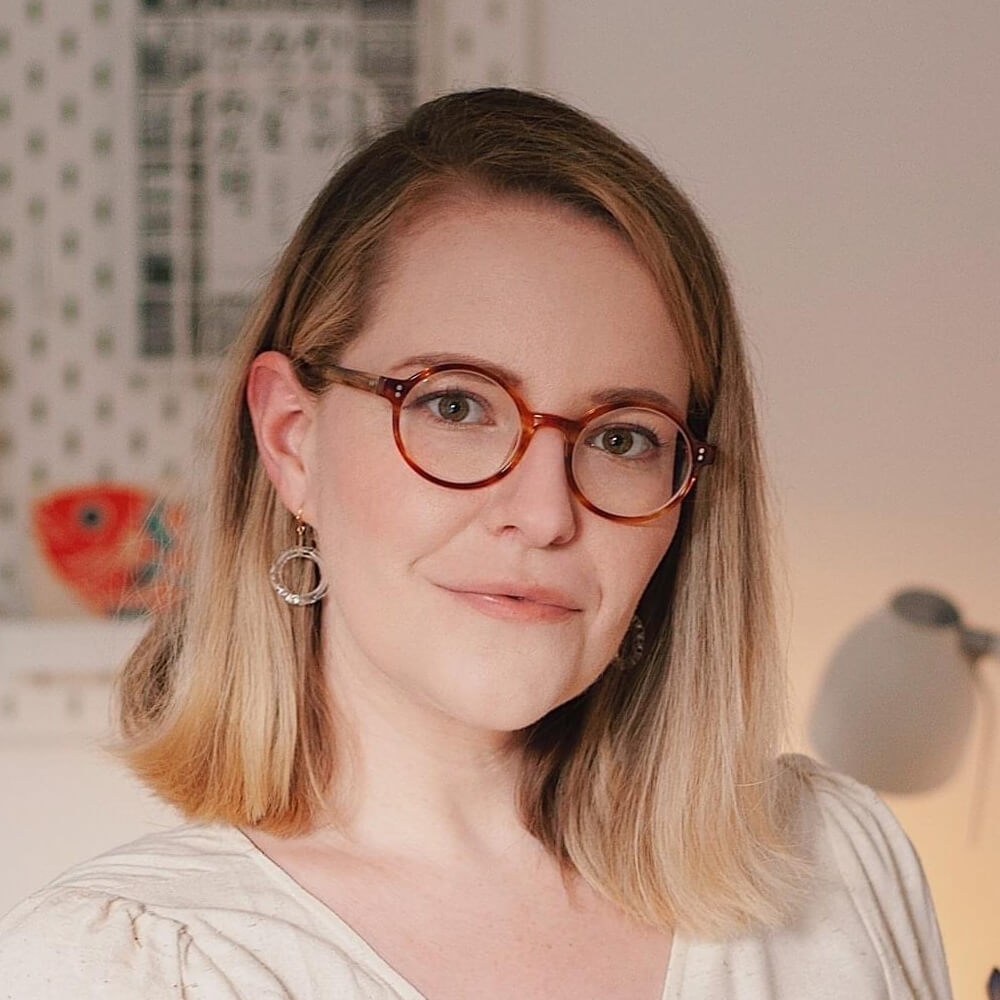
If Not Now, When? Turning Your Passion Project into a Reality
Geri Coady - She/Her

Empowering web dev and design teams to build securely
Jessie Auguste ⚡
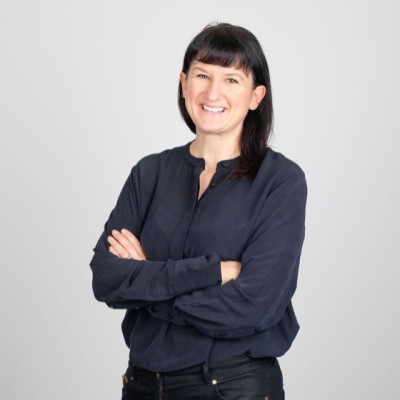
Designing an accessible future
Geri Reid
Just as we’ve all got to grips with WCAG 2.x, WCAG 3.0 looks set to change the way we measure accessibility.In this talk, I’ll look at the changes that the draft is proposing and what you can do now to get ahead.
What will the digital landscape look like when these new guidelines drop? I’ll apply some of WCAG 3.0’s goals to visions of the future – from automation, to Web3, to Humanity Centred Design, to questioning if the most accessible future even involves a screen.
Lunch
Welcome back

Design Principles For The Web
Jeremy Keith - He/Him
Break

How to design a GeoCities website
Josh Tumath ⚡
I’m going to take you back in time to see what web development was like back in the early 2000s when marquees were cool and everyone was getting to grips with table layouts. And let's not forget the ghastly repeating backgrounds and GIFs galore! No CSS was needed. Just don’t ask about the accessibility.

Mindful Design: The Good Bits
Scott Riley
Scott wrote a book. It's called Mindful Design, and discusses how designers can take inspiration from the natural proclivities of the human brain to create ethical and effective products for all people.
This isn't a talk where he sells his book.* Instead, Scott will share with you how you can design for the natural structure of human psychology, what bad design looks like, and how designers can take steps right now to create meaningful products that positively impact people’s lives. He'll take you through the fallacy of 'designing for dopamine', why Pavlov is a dickhead, and why design shouldn't be about manipulation.
* But, you know, you should totally buy his book.
End of Day 1
After Party & Pub Quiz
Golden Guinea
Conference Day 2 - October 7.
Doors Open

Welcome to back for Day 2!
Alex & Luke
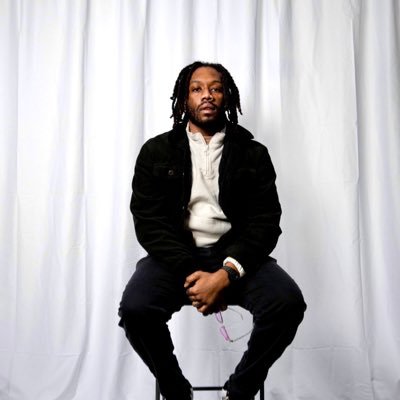
Radical Is Close To Home
Akil Benjamin
COMUZI’s philosophy is based on Radical Creativity.
Radical Creativity isn’t anarchy or sticking it to The Man, it’s about being:
- Adventurous
- Experimentation
- Championing: rigour, privacy and transparency
- …and Meeting people now with whatever we design
We use this to give us a wide range of options to create new takes on problems, and imagine new futures.
Radical Creativity has now been used by: Southwark Council, Kings Health Partners, Guys and St Thomas’ Charity, Wellcome Trust, Google and more.
We’ve been labelled “Creative Superheroes” for our work.
But how do you produce something Radically creative again and again and again?
The truth of the matter is, designers at COMUZI are not superheroes, we’ve been on a journey of growth and the pains which come with it.
We’ve identified it’s our decision making which matters.
Radical Creativity is a decision away and usually as a designer that decision lies with you.This talk is about our journey working with this ‘truth’ while living in the pandemic, the challenges we’ve faced and growth required to still reimagine the future.

An accessibility audit anecdote: Achieving awareness and amelioration
Alex Jegtnes ⚡
If you've ever been a contractor, or worked in a large organisation or agency where teams and projects are shuffled around frequently, at some point, you'll be responsible for something you had little hand in shaping. What would you do if, just after this happened, Very Important Senior Stakeholders commissioned an accessibility audit with thoroughly disheartening results, and you found yourself as the only developer with accessibility knowledge on an entire team?
Join one man's account of an accidental mission to try to instil an accessibility-minded culture in a large organisation. You'll be regaled with the inevitable pitfalls and frustrations of having things be out of your control for both technical and organisational reasons, but, also, the joy of a few things going right and seeing that sometimes, change _is_ possible.
Morning break - Tea & Coffee provided

Building conscious design systems
Amy Hupe
But design systems are not just harmless scaling machines.
When we don’t design for the full human spectrum of identities and characteristics and circumstances and experiences that our design system needs to serve, we don’t just exclude people - we erase them.
In this talk, Amy will explore the human side of design systems, and how we can create more conscious design systems that centre people over technology.

Social Design, Capitalist Society
Imanina Birch ⚡
A short reflection on the limitations of designing for good. How can we design to make a difference, when money dictates the change we can make? And how do we not hurt ourselves (and others) in the process?

Finding the right balance between consistency and flexibility for your design system
Jules Mahé
When you start building design systems, it’s easy to think your design system should ensure consistency in design, aligning every one of your projects so they can all deliver the same experience. However, you may realize that flexibility in a design system isn’t at odds with consistency, especially if you want to prevent your team’s design system from being a living nightmare. So, why is consistency so important in the design, and how do you find the right balance between flexibility and consistency in design systems?
Lunch
Welcome back
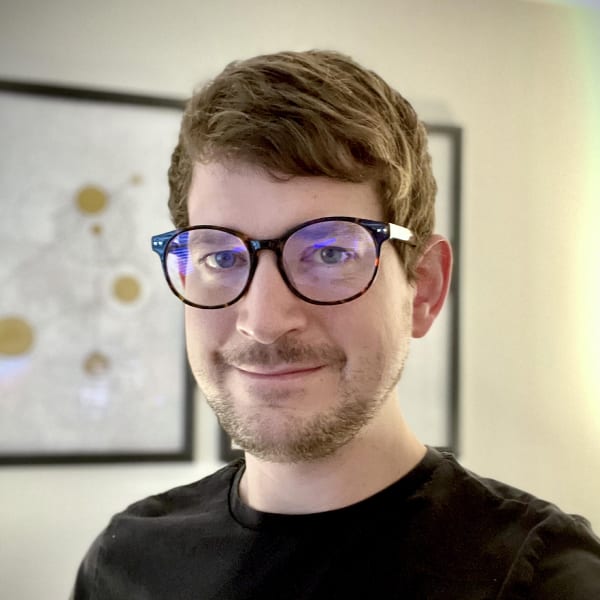
Be the Browser’s Mentor, not its Micromanager
Andy Bell - He/Him
Break
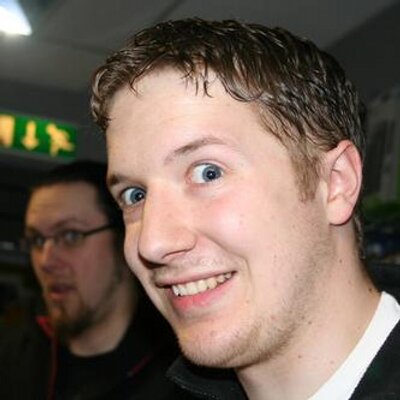
Sensible Golf (Risk vs. Reward)
Alex Older ⚡
When I go to play a round of golf every every shot has a risk vs reward. Much like the work we do every day it is all be about weighing them up and making sure we make the smart choices for our current predicament.

LESS THINKERING, MORE TINKERING
Gavin Strange
A neon-soaked passion-filled presentation of all things creativity, trying to strike the elusive balance between uncurbed enthusiasm and pragmatic process. Director & Designer Gavin Strange plots his creative journey through his time in the design and film industry– picking it apart and extracting the lessons and learnings from it all. It’s loud, silly, and hopefully energizing. The aim of the game is to convince YOU to make more of the stuff that makes YOUR heart sing.
